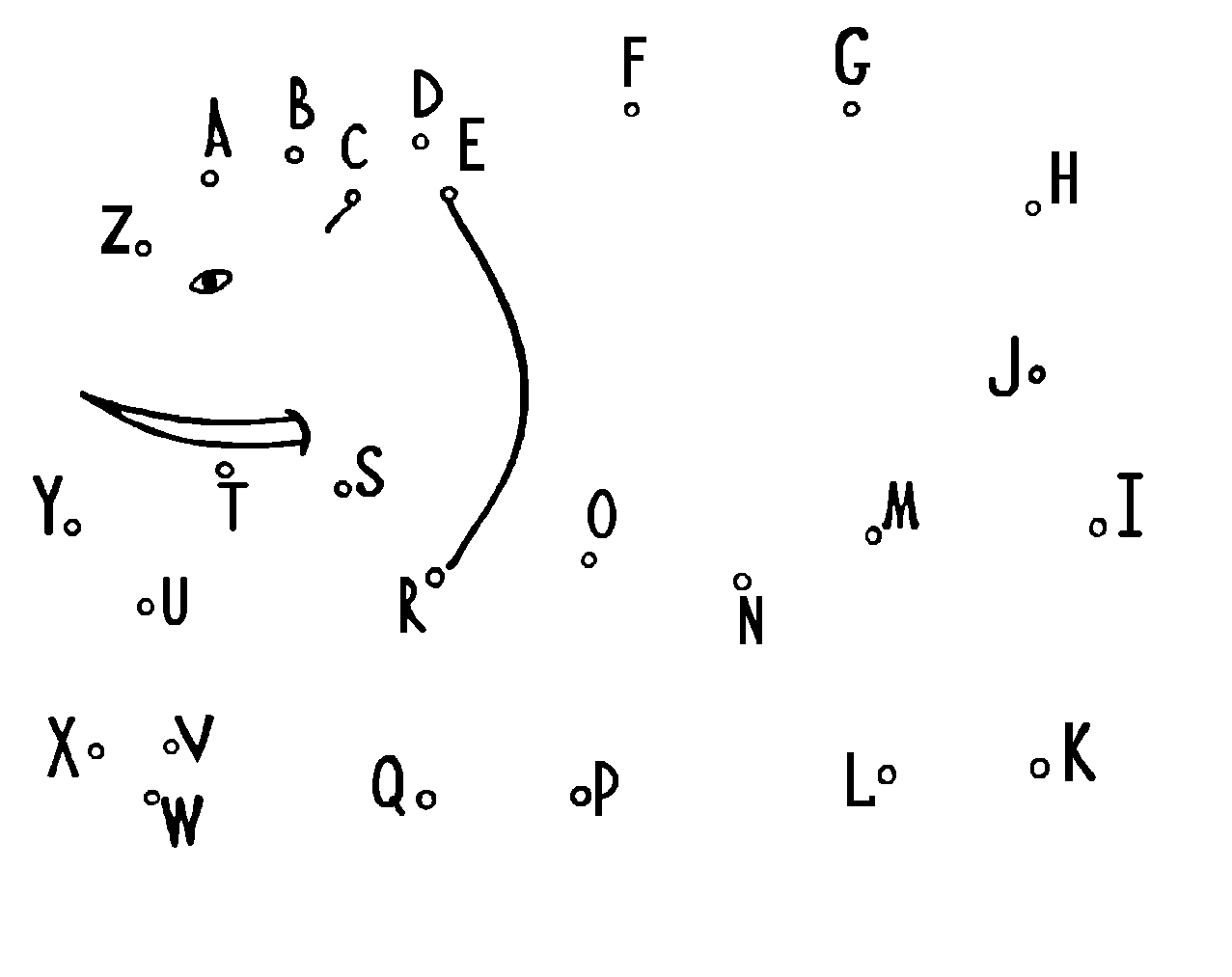
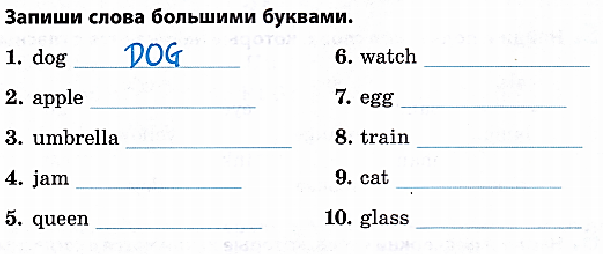
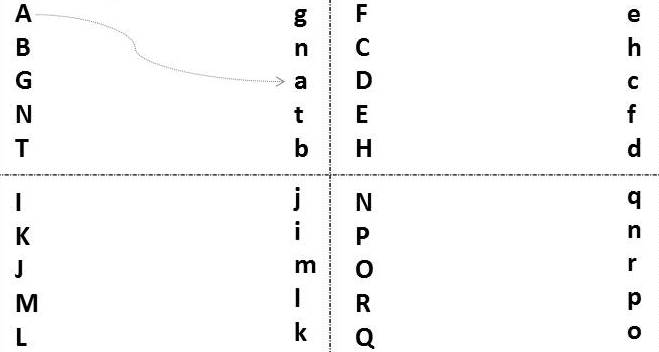
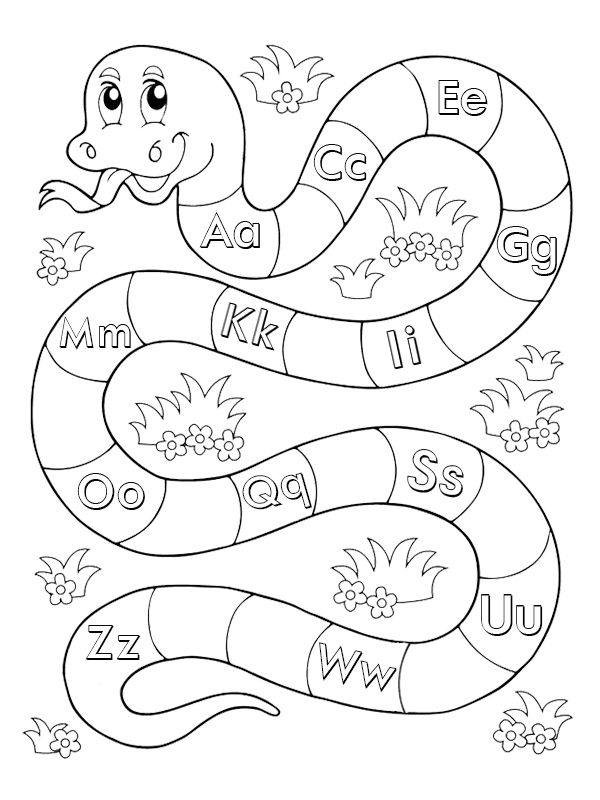
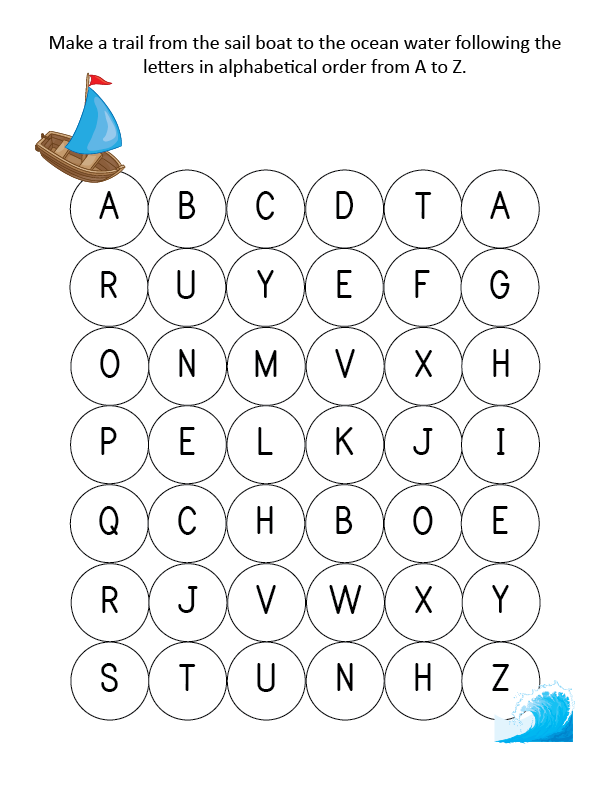
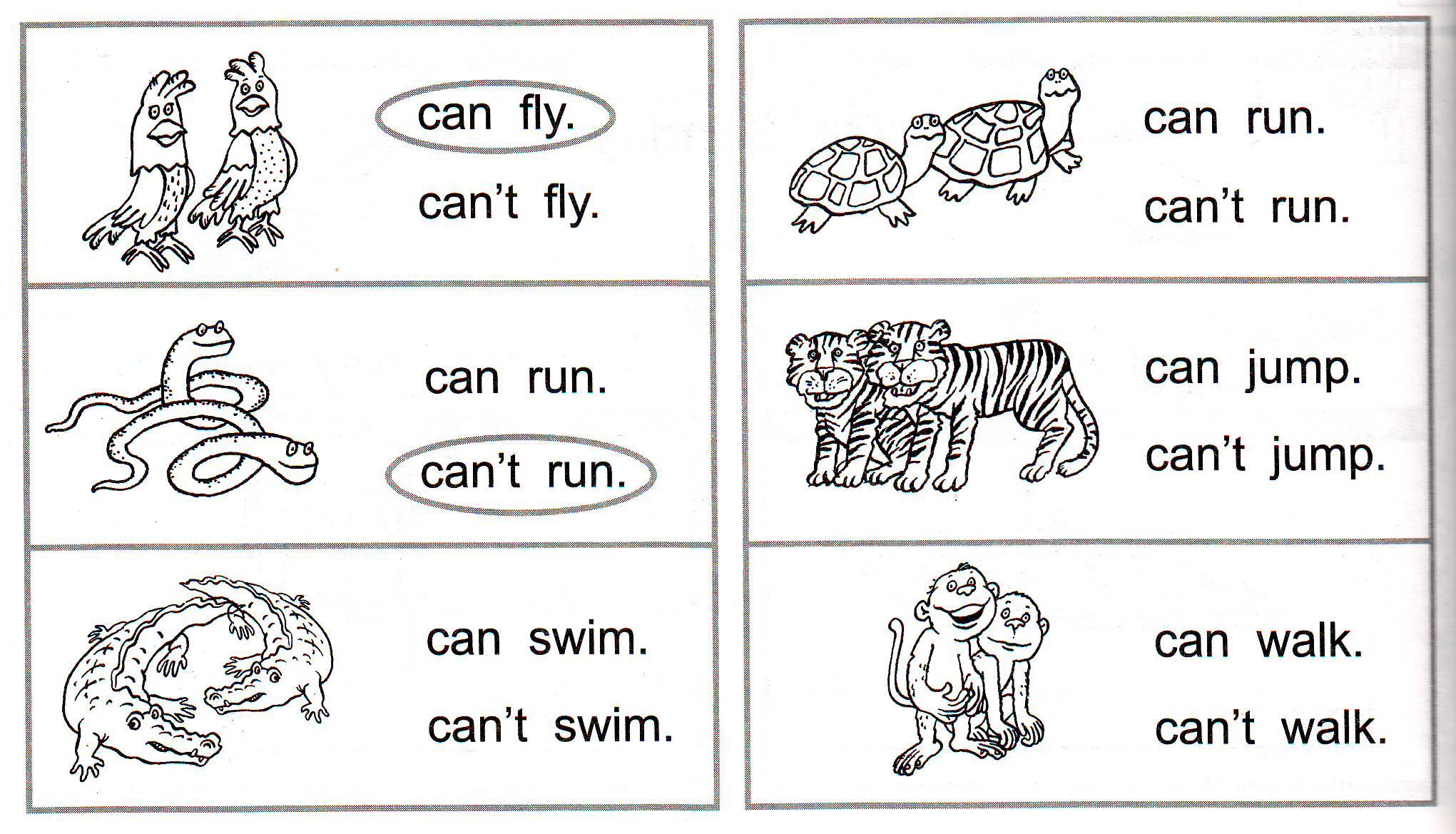
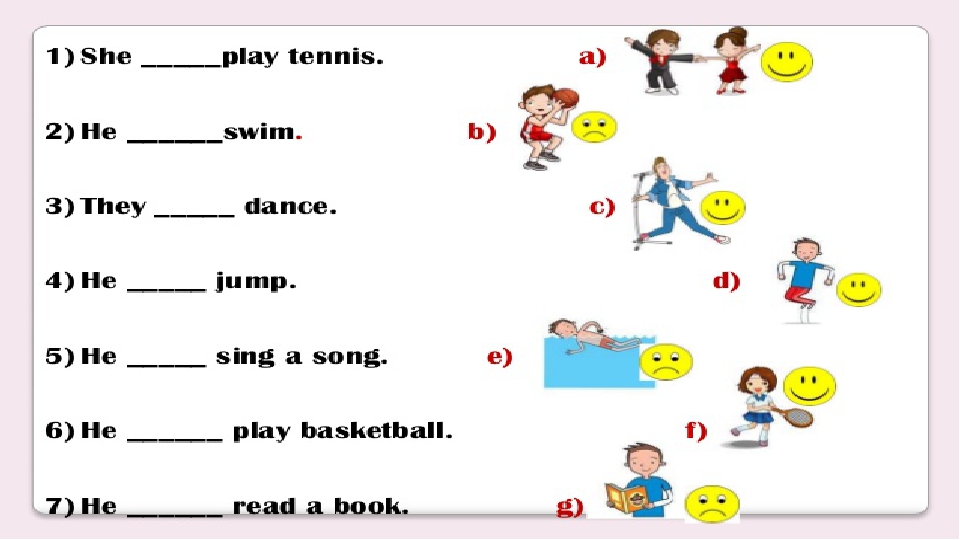
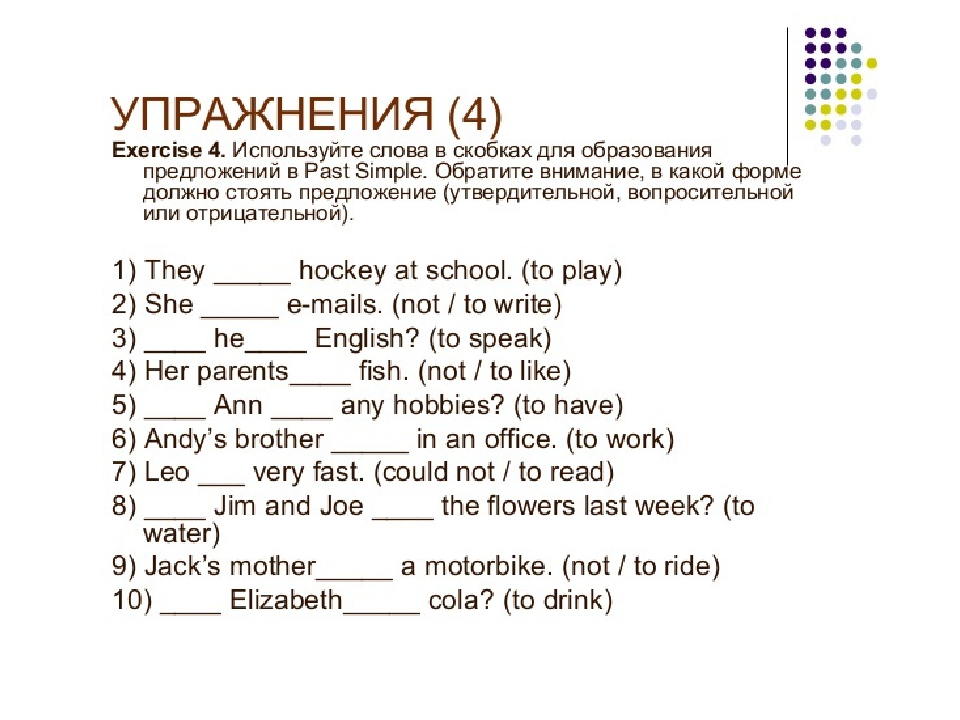
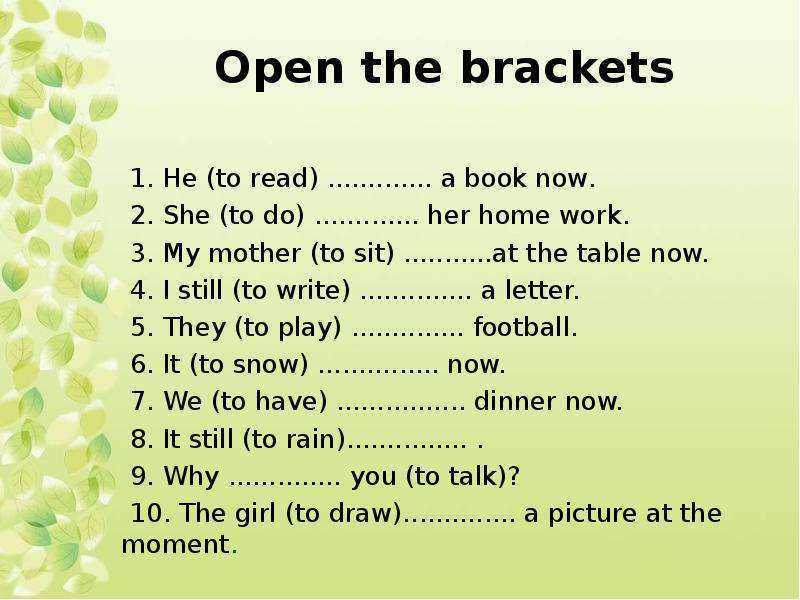
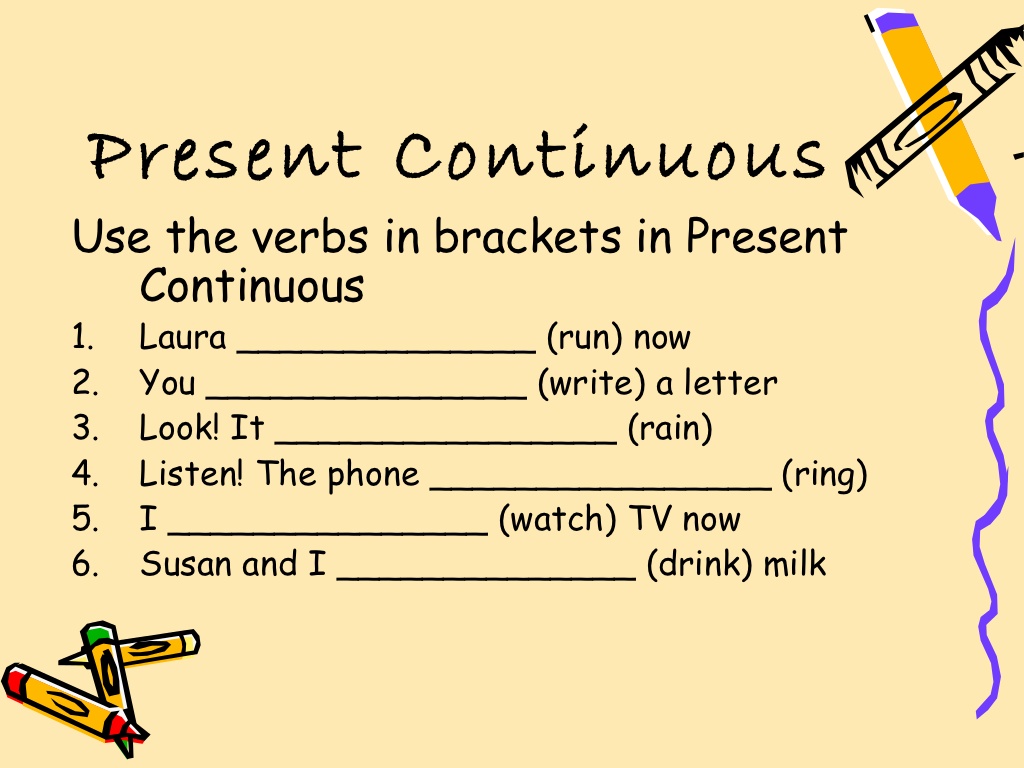
Упражнение 1. Complete the sentences with the correct modal verb in italics:
You couldn’t / mustn’t / shouldn’t eat so many hamburgers. They're not good for you.
You can’t have / don’t have to /mustn’t study at the weekends, except when you have exams.
You may not / might not /needn’t Everything will be OK.
You don’t have to /might not/mustn’t use your mobile phone in class.
Diana looks happy. She can /can have /must have heard some good news.
I can’t /may not /might not have left my mobile phone at school on Friday afternoon – I had it on Friday night.
It can /could / couldn’t rain tomorrow.
Упражнение 2. Вставьте подходящий модальный глагол (must / can / should / may)
I have some free time. I ______ help her now.
I ______ drive Susan's car when she is out of town.
______ I have a glass of water?
Anyone ______ become rich and famous if they know the right people.
You ______ go to this party. It's very important.
Bird ______ be known by its song.
He is coming here so that they ______ discuss it without delay.
It's late. You ______ go to bed.
He ______ have told me about it himself.
Упражнение 3. Complete the sentences with a suitable modal verb. Use must, don’t have to, might, should, must have, mustn’t, can’t have and shouldn’t.
You ____________________ drive on the pavement. It's illegal.
You ____________________ say that. It's not nice.
I ______________________ go to work tomorrow because it's a public holiday.
I ______________________ buy this CD, but I'm not sure.
He's not here. He _____________________ gone out.
She didn't study enough. She _____________________ passed her exam.
You ____________________ eat more vegetables. They're good for you.
You ____________________ be 18 before you can buy alcohol.
9 КЛАСС
Exercise 12.
1 shouldn’t, 2 don’t have to, 3 needn’t, 4 mustn’t, 5 must have, 6 can’t, 7 can
Exercise 13.
1 can, 2 may, 3 May, 4 can, 5 must, 6 may, 7 can, 8 should, 9 should
Exercise 14.
Some people are not able to sing.
She could be in the airport.
I could ride a horse when I was six.
John might not go to Turkey.
You mustn’t block the emergency exit.
You mustn’t use mobile phones on the plane.
You must fasten your seat belt for landing and taking off
He may be there to meet us. / Нe may meet us.
This is a surprise. You shouldn’t tell anybody about it.
Exercise 15.
1 mustn’t, 2 mustn’t / shouldn’t, 3 don’t have to/needn’t, 4 might, 5 must have, 6 can’t have, 7 should, 8 must
Exercise 16.
Mary can /may have seen him.
Peter must have got lost.
You should stop.
We can go to London.
Pierre must be French
Peter can’t have kissed Helen.
1. Раскройте скобки в условных предложениях I типа и поставьте глаголы в правильную форму.
Н-р: If it … (rain), we … (stay) at home. (Если пойдет дождь, мы останемся дома.) – If it rains, we shall stay at home.
If he … (practice) every day, he … (become) a champion. (Если он будет тренироваться каждый день, он станет чемпионом.)
She … (help) us if we … (ask). (Она поможет нам, если мы попросим.)
If they … (have) enough money, they … (open) a restaurant next year. (Если у них будет достаточно денег, они откроют ресторан в следующем году.)
I … (not talk) to you anymore if you … (insult) me. (Я не буду с тобой больше разговаривать, если ты обидишь меня.)
If Bob … (not keep) his word, Anna … (be angry) with him. (Если Боб не сдержит слово, Анна разозлится на него.)
2. Раскройте скобки в условных предложениях II типа и поставьте глаголы в правильную форму.
Н-р: If Susan … (move) to Tokyo, she … (live) near her sister. (Если бы Сюзан переехала в Токио, она бы жила рядом со своей сестрой.) – If Susan moved to Tokyo, she would live near her sister.
If you … (have) a driving license, you … (get) this job. (Если бы у тебя были водительские права, ты бы получил эту работу.)
My dog … (be) 20 years old today if it … (be) alive. (Моей собаке исполнилось бы 20 лет сегодня, если бы она была жива.)
I … (go) to the police if I … (be) you. (Я бы обратился в полицию на твоем месте.)
If people … (not buy) guns, the world … (become) safer. (Если бы люди не покупали оружие, мир стал бы безопаснее.)
Tom ... (not eat) much “fast food” if his wife … (cook) at home. (Том не ел бы много «фастфуда», если бы его жена готовила дома.)
4. Подберите к первой части условных предложений (из первого столбика) их окончание (из второго столбика). Обратите внимание на тип условного предложения. Переведите получившиеся предложения.
Н-р: 1 – с (Мы бы испекли торт, если бы мы купили немного яиц вчера.)
1) We would have made a cake a) if he hadn’t shouted at them.
2) If it rains much b) if she loses weight.
3) If I knew English well c) if we had bought some eggs yesterday.
4) My kids wouldn’t have cried d) if I were you.
5) I would call him e) I would be an interpreter.
6) She will put this dress on f) the flowers will grow very fast.
Ответы:
1.
If he practices every day, he will become a champion.
She will help us if we ask.
If they have enough money, they will open a restaurant next year.
I won’t talk to you anymore if you insult me.
If Bob doesn’t keep his word, Anna will be angry with him.
2.
If you had a driving license, you would get this job.
My dog would be 20 years old today if it were alive.
I would go to the police if I were you.
If people didn’t buy guns, the world would become safer.
Tom wouldn’t eat much “fast food” if his wife cooked at home.
3.
I would have visited Sarah yesterday if I had known that she was ill.
If you had gone with me to Paris last month, you would have seen the Eifel Tower too.
We wouldn’t have got wet if you had taken an umbrella.
If Mum hadn’t opened the windows, our room wouldn’t have been full of mosquitoes.
Nick wouldn’t have been so tired this morning if he had gone to bed early last night.
4.
2 – f (Если будет много дождя, цветы вырастут очень быстро.)
3 – е (Если бы я знал английский хорошо, я бы был переводчиком.)
4 – а (Мои дети не заплакали бы, если бы он не крикнул на них.)
5 – d (Я бы позвонила ему на твоем месте.)
6 – b (Она наденет это платье, если похудеет.)
5.
If I had a holiday now, I would go to the lake Baikal.
I will watch this film if you like it.
If you had signed the papers yesterday, we would have sent them today.
If John hadn’t lost the phone number, he would have called her.
Mark would be a healthy man if he didn’t smoke.
If I go shopping, I will buy a new phone.


























